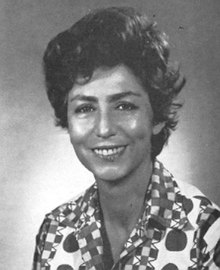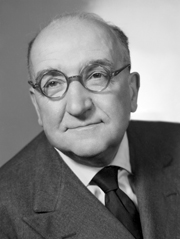
Adone Alvaro Ugo Natale Camillo Zoli was an Italian politician who served as the 35th prime minister of Italy from May 1957 to July 1958; he was the first senator to have ever held the office.

Mario Scelba was an Italian politician who served as the 33rd prime minister of Italy from February 1954 to July 1955. A founder of the Christian Democracy, Scelba was one of the longest-serving Minister of the Interior in the history of the republic, having served at the Viminale Palace in three distinct terms from 1947 to 1962. A fervent pro-Europeanist, he was also President of the European Parliament from March 1969 to March 1971.

Giuseppe Pella was an Italian Christian Democratic politician who served as the 31st prime minister of Italy from 1953 to 1954. He was also Minister of Treasury, Budget and of Foreign Affairs during the 1950s and early 1960s. Pella served as President of the European Parliament from 1954 to 1956 after the death of Alcide De Gasperi.
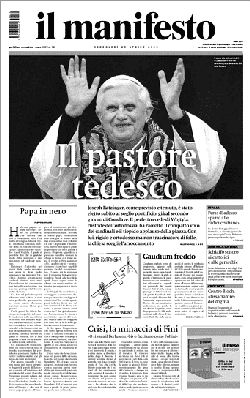
il manifesto is an Italian-language daily newspaper published in Rome. While calling itself "communist" and broadly left-wing, it is not connected to any political party.

Enrico Letta is an Italian politician who served as Prime Minister of Italy from April 2013 to February 2014, leading a grand coalition of centre-left and centre-right parties. He was the leader of the Democratic Party (PD) from March 2021 to March 2023.

Nicola Zingaretti is an Italian politician who served as President of Lazio from March 2013 to November 2022 and was Secretary of the Democratic Party from March 2019 until March 2021.
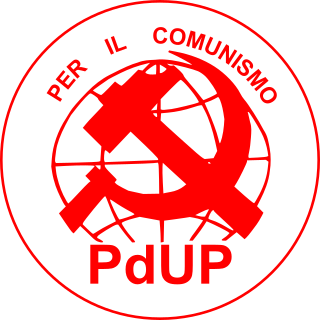
The Proletarian Unity Party was a far-left political party in Italy.

Bernardo Mattarella was an Italian politician for the Christian Democrat party. He was a cabinet minister of Italy several times, becoming one of the most important politicians of his generation.
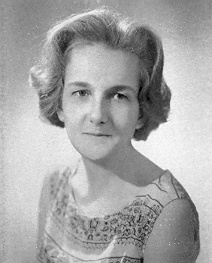
Rossana Rossanda was an Italian communist politician, journalist, and feminist.

Movement for the Left was a socialist political party in Italy. It emerged as a split from the Communist Refoundation Party and later merged into Left Ecology Freedom. Its leader was Nichi Vendola.

Sergio Mattarella is an Italian politician, jurist, academic, and lawyer who has been President of Italy since 2015. He is the longest-serving president in the history of the Italian Republic. Since Giorgio Napolitano's death in 2023, Mattarella has been the only living Italian president.

The 2018 Italian general election was held on 4 March 2018 after the Italian Parliament was dissolved by President Sergio Mattarella on 28 December 2017. Voters were electing the 630 members of the Chamber of Deputies and the 315 elective members of the Senate of the Republic for the 18th legislature of the Italian Republic since 1948. The election took place concurrently with the Lombard and Lazio regional elections. No party or coalition gained an absolute majority in the parliament, even though the centre-right coalition won a plurality of seats as a coalition, and the Five Star Movement (M5S) won a plurality of seats as an individual party.

Roberto Gualtieri is an Italian historian, academic and politician of the Democratic Party (PD), incumbent Mayor of Rome since 2021 and Minister of Economy and Finances in the second government of Giuseppe Conte from 2019 until 2021. He previously was a Member of the European Parliament from 2009 to 2019, where he chaired the influential Economic and Monetary Affairs Committee within the Parliament from 2014 until 2019.

The 2015 Italian presidential election was held on 29–31 January, following the resignation of President Giorgio Napolitano on 14 January 2015. The office was held at the time of the election by Senate President Pietro Grasso in an acting capacity. Only members of Italian Parliament and regional delegates are entitled to vote. As head of state of the Italian Republic, the President has a role of representation of national unity and guarantees that Italian politics comply with the Italian Constitution, in the framework of a parliamentary system.

Ivan Matteo Lombardo was an Italian politician.

Free and Equal was a left-wing electoral list and parliamentary group in the Chamber of Deputies and a sub-group in the Senate, the two houses of the Italian Parliament. LeU was launched on 3 December 2017 as a federation of political parties including Article 1, Italian Left and Possible. The leader of the alliance for the 2018 general election was Pietro Grasso, former President of the Senate and former anti-Mafia prosecutor. The three founding parties left the alliance in late 2018, but LeU continued to exist in Parliament. Following the 2021 Italian government crisis, LeU had a single minister, Roberto Speranza, in the national unity government of Prime Minister Mario Draghi.
The Corporate Art Awards are the international awards for the best art projects developed by the business world. They were launched in Rome (Italy) in 2016 by pptArt under the patronage of the Italian Ministry of Culture and with the support of the General Confederation of Italian Industry and LUISS Business School.
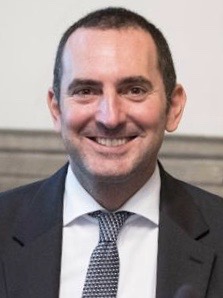
Vincenzo Spadafora is an Italian politician. A member of Together for the Future (IpF) and a former member of the Five Star Movement (M5S), he served as Minister for Youth Policies in the Conte government between 2019 and 2021.

The 2022 Italian presidential election was held in Rome between 24 and 29 January 2022. The president of Italy was elected by a joint assembly composed of the Italian Parliament and regional representatives. The election process extended over multiple days, culminating in incumbent president Sergio Mattarella being confirmed for a second term, with a total of 759 votes on the eighth ballot. This was the second most votes ever received by a presidential candidate. Mattarella became the second president to be re-elected, his predecessor Giorgio Napolitano being the first.
